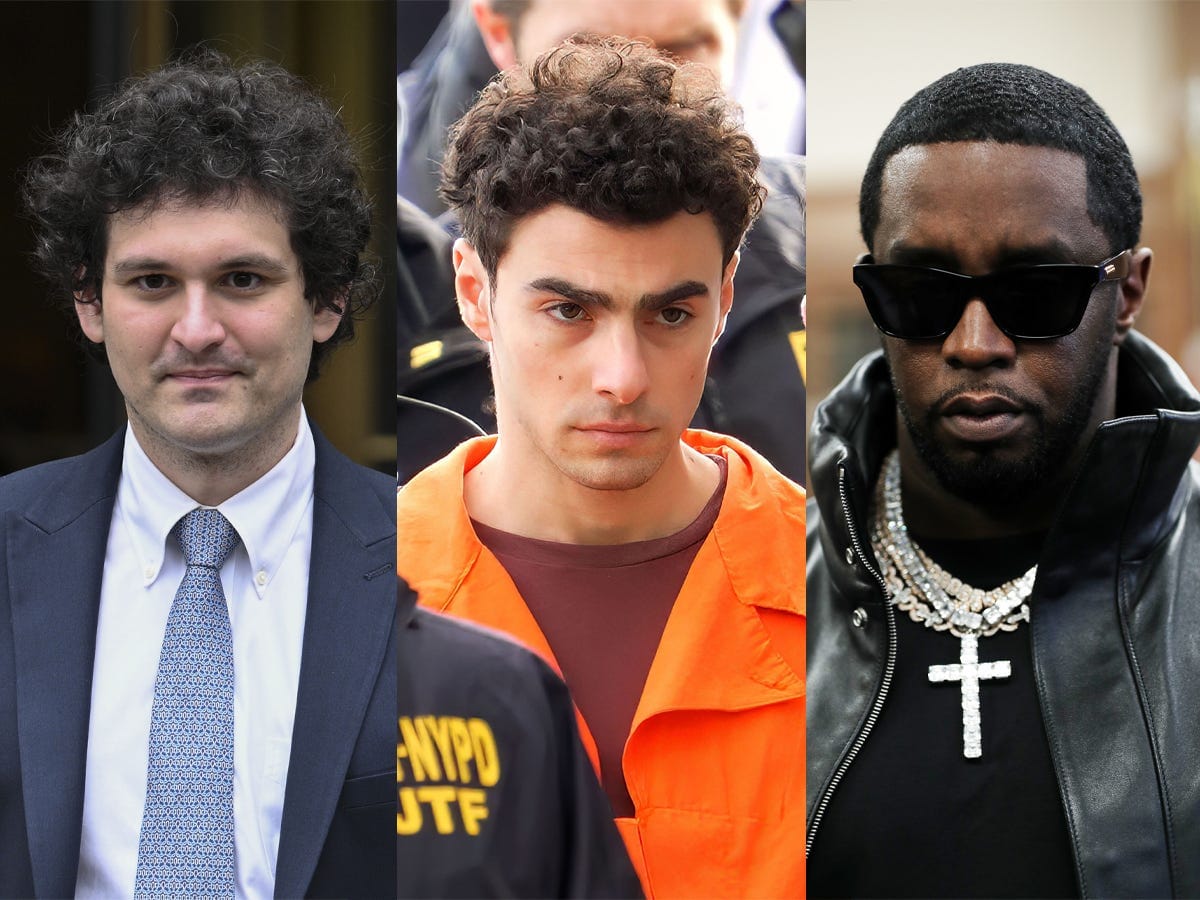Sam Bankman-Fried Satirized in Prison Musical with Diddy and Luigi Mangione

A new satirical musical featuring a fictionalized Sam Bankman-Fried (SBF) as a prison inmate has taken San Francisco by storm, selling out its entire run in just 24 hours. Titled “Luigi: The Musical,” the one-act play opened last Friday at the Taylor Street Theatre, delivering commentary on Silicon Valley culture through the lens of a Brooklyn prison cell. The production places Sam Bankman-Fried alongside Luigi Mangione, the alleged killer of UnitedHealthcare CEO Brian Thompson, and Sean “Diddy” Combs, who faces federal sex trafficking charges, in a fictionalized take on their real-life overlap at the Metropolitan Detention Center last December. Audiences have embraced the sharp humor, with standing ovations reported at every performance despite the sensitive timing of the ongoing legal cases.
The musical, crafted by playwright Margatini, dives into the absurdities of its high-profile characters, with Bankman-Fried’s portrayal stealing much of the spotlight. The disgraced FTX crypto exchange founder is depicted as a jittery, wide-eyed tech bro, still clinging to an optimistic veneer despite his role in one of the largest financial frauds in history. His character’s song, “Bay Area Baby,” pokes fun at his Palo Alto upbringing and Silicon Valley’s cavalier attitude toward legal boundaries, weaving in references to the billions lost by FTX and SBF. The production doesn’t shy away from the human cost of the collapse, noting that FTX began repaying investors earlier this year, but it wraps the critique in sharp, comedic packaging.

A Collision of Fallen Empires
Set in a stark 8x8 prison cell, the musical opens with a high-energy ensemble number that frames the bizarre cultural moment where healthcare, crypto, and entertainment collide behind bars. Luigi Mangione, portrayed as a conflicted and possibly guilty figure, slumps on his cot, setting a somber tone before Bankman-Fried’s frenetic energy disrupts the scene. The crypto king’s awkward attempts at camaraderie, including a scene where he proposes tokenizing incarceration on the blockchain as a bribe to a guard, highlight the play’s fun and sassy jabs at crypto. Meanwhile, Combs enters with a commanding presence, his charisma clashing with Bankman-Fried’s nerdy bravado, creating a dynamic that fuels much of the play’s humor.
The choice to stage such a production while Mangione and Combs’ legal battles continue, and Bankman-Fried’s case remains under appeal, has sparked some debate. Yet the San Francisco audience has leaned into the satire, drawn to its unflinching take on power and privilege. Bankman-Fried, who was transferred out of the Metropolitan Detention Center last month, is portrayed not as a villain but as a flawed product of a tech ecosystem that often rewards hubris. His character’s references to effective altruism and the vanished billions underscore the disconnect between his public persona and the consequences of his actions.
The sold-out run reflects a public fascination with the downfall of larger-than-life figures, particularly those like Bankman-Fried, whose rapid rise and fall in the world of Bitcoin and crypto captivated global attention. The musical’s intimate venue amplifies its raw energy, with the small stage forcing the characters’ egos to collide in close quarters. By blending real-world events with exaggerated theatrics, “Luigi: The Musical” captures a moment where the lines between fame, infamy, and accountability blur. For San Francisco audiences, the play offers a chance to laugh at the absurdities of a world where tech titans, music moguls, and alleged criminals share not just headlines but a fictional prison cell.
Bankman-Fried is also enjoying more fanfare from Netflix, which is releasing a crypto related show called The Altruists, which will be a series based on the FTX scandal, Sam Bankman-Fried, and Caroline Ellison. It’s set to be released in late 2026.

